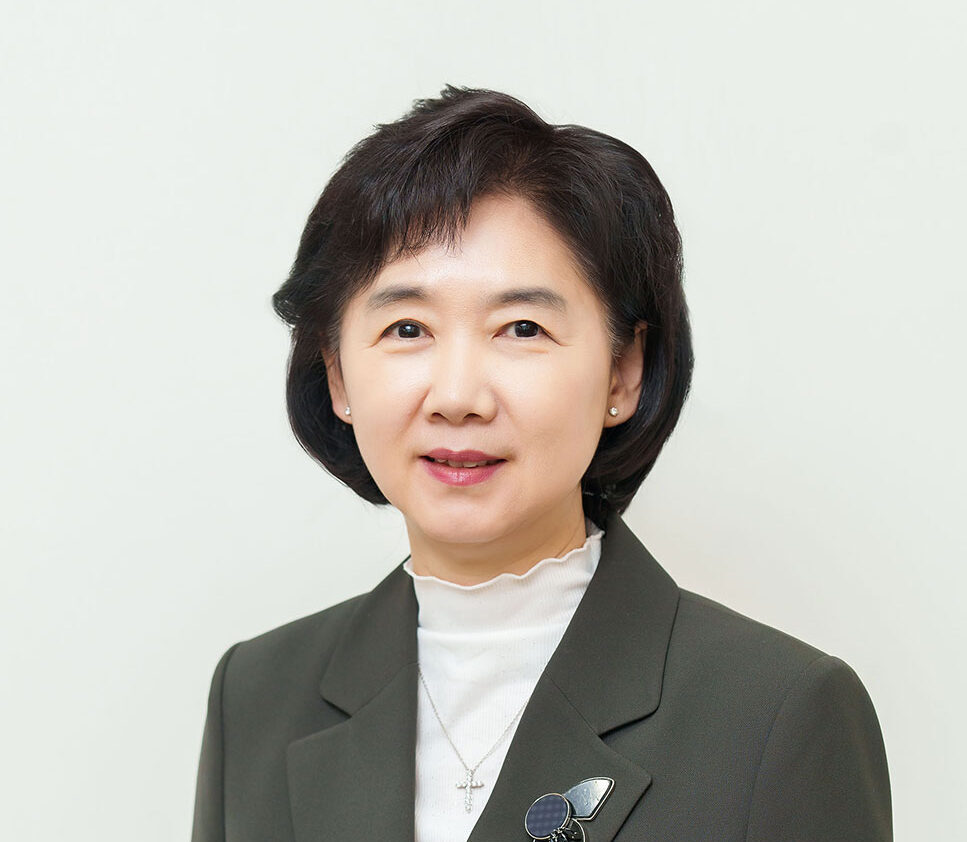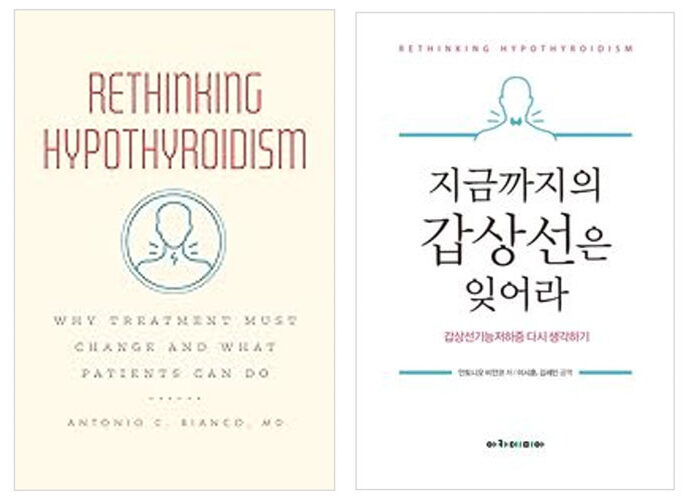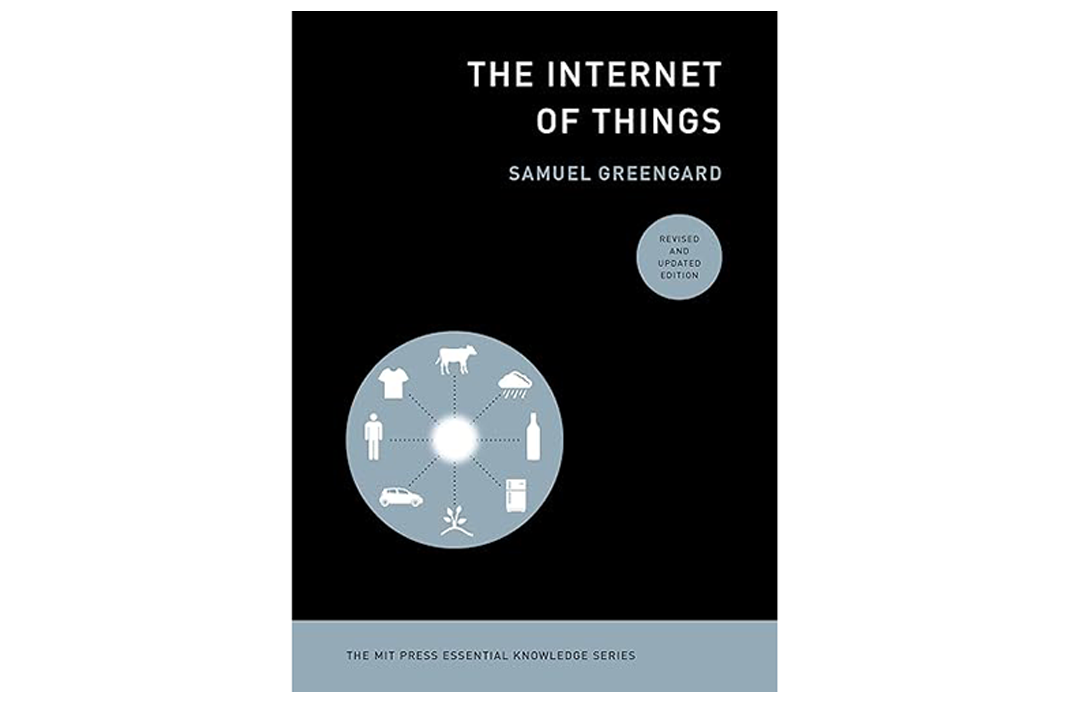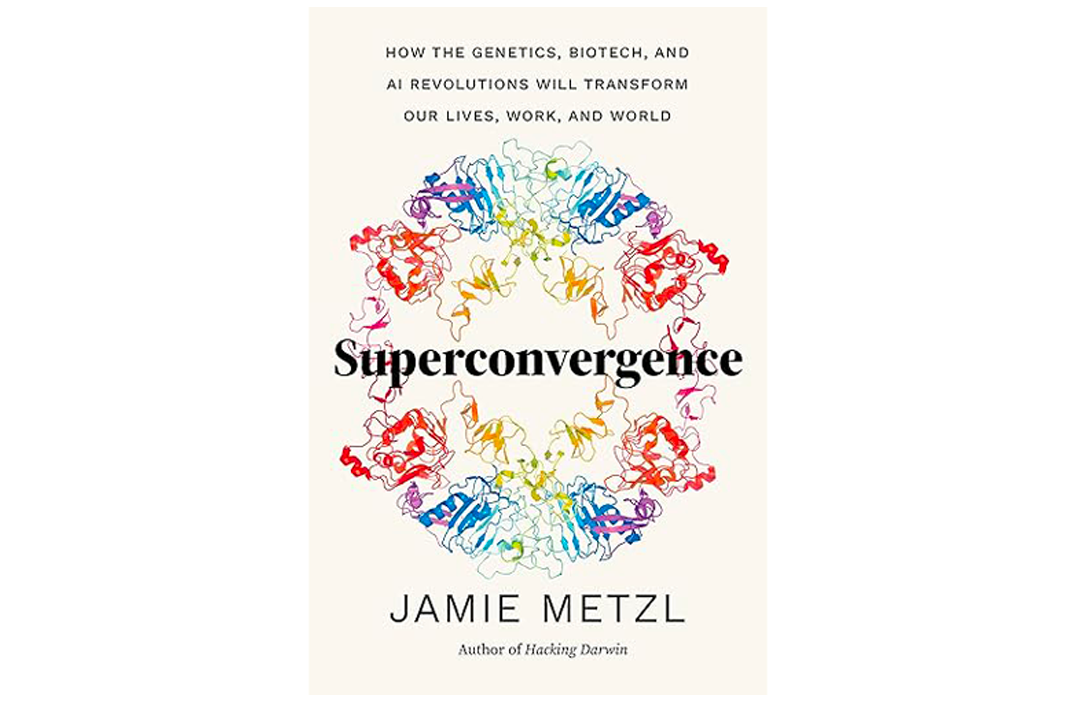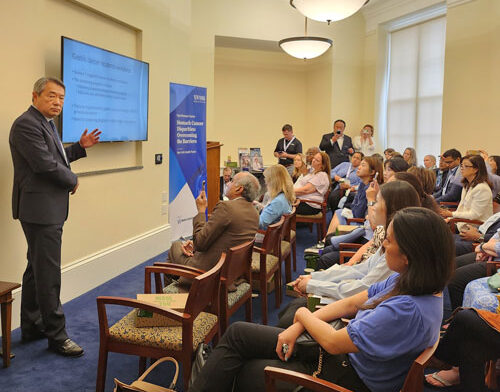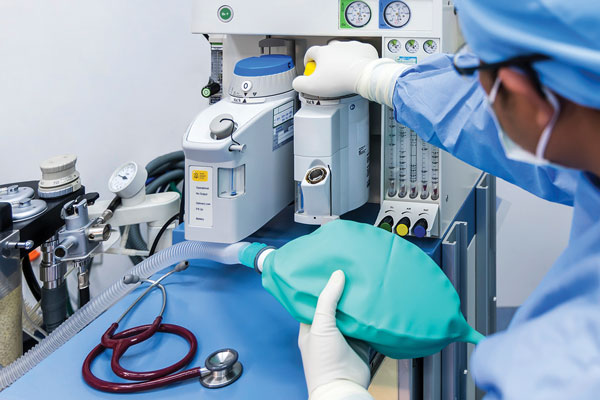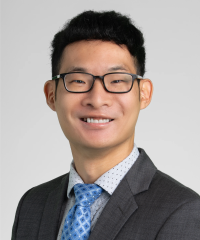Dear Mentor,
I am currently a second-year student, and I am looking forward to receiving more hands-on experience during my third year. With AI on the rise, I keep hearing “AI will replace doctors” and “AI can diagnose as well as doctors!” While I hope that AI will not eventually take over educating patients in place of doctors, I wonder how AI could work hand in hand with doctors to help bolster patient education.
I am curious to know if you have experience with patients coming in and more often saying they asked AI about a medication or diagnosis. How do you educate patients who may rely on AI for medical knowledge?
Thank you!



